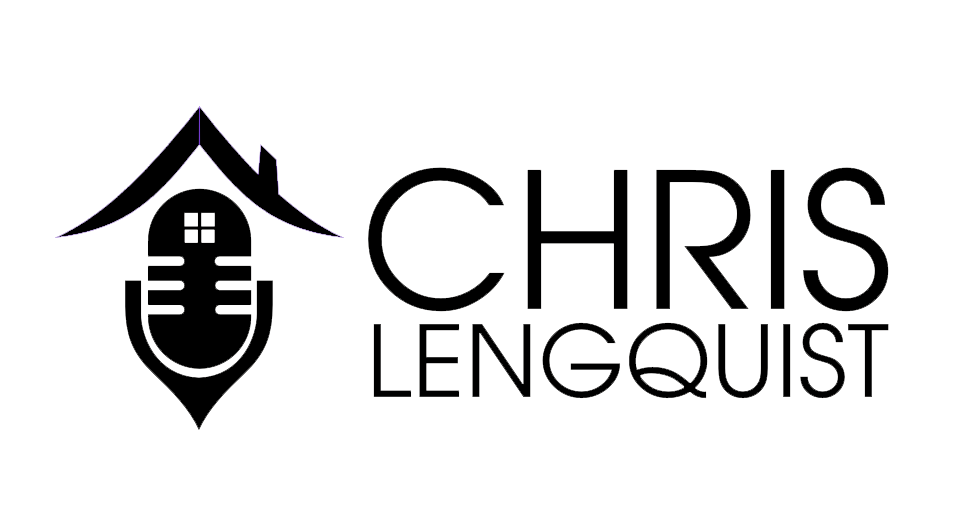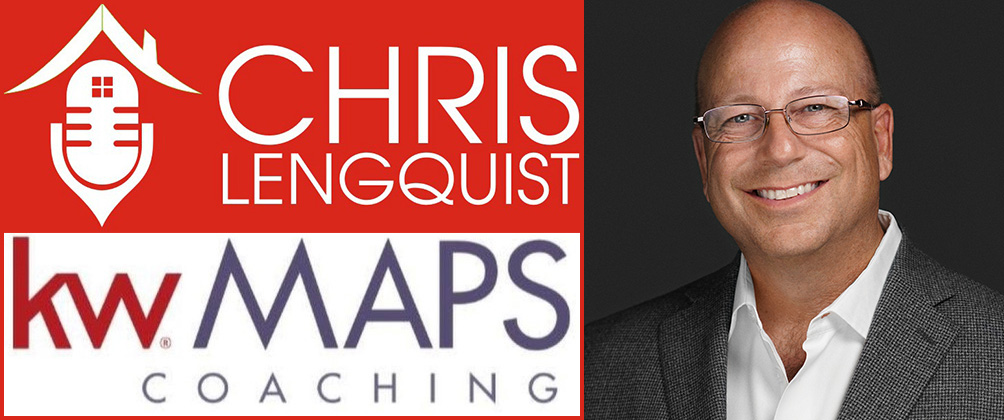So there is a guy I know who is creating a junior college certificate for real estate professionals. The certificate is to lay the ground work for would-be real estate agents. Which, frankly, I think is great. And he asked my opinion about a few things and, as many of you know, I’m always free with my opinions. 🙂
Anywho, as I was writing an email to him regarding this curriculum I thought I would just simply copy/paste here my email to him regarding new real estate agent finances. Hopefully there is something here that can help.
Zach,
So I’ve been pondering the financial aspect of a class you would offer. I certainly believe in Personal Finance. That is a foundational piece to any successful real estate career. Then again, so is small business finance. Let me explain.
Most agents start by using their personal accounts to run their business. This, of course, is a no-no. Real estate, especially in the beginning, can be an unpredictable and sporadic income if you haven’t learned how to systematize the business. You can predict the rest.
So YES! to a personal finance class. If there is a way to do a realtor finances class, I’d add that. Here would be the basics;
Open a separate checking account…could be as easy as Chris Lengquist dba Chris Lengquist Real Estate.(We’ll worry about LLCs, S Corps, etc after we know they are making enough money to protect)
Ideally, I’d like to see $500 in the account when opened. $25 will get us started.
ALL expenses run through this checkbook. ALL income runs through this checkbook.
If you run short of business money then you take personal money and deposit it in to the business checkbook first. (You’ll record it as an Owner Equity deposit.)
Upon receiving your first commission check, you deposit it in your business checking account.
You then immediately open another account (savings, checking, whatever) and deposit 25% to 30% into that account.No exceptions! (This is your tax money…. The feds will not like it if you cannot pay at the end of the year.)
(Eventually we’ll have to start making quarterly payments….let’s make money before we worry too much about this.)
Then, you create a plan that 10% of the commission check goes towards marketing/advertising yourself. Serious counsel with someone experienced before spending it is advised!
Of course, by this time you’ve created expenses you are looking to pay, pay those.The rest, down to a $500 balance, you can write to your personal checking account.
I can go on and on and on. This is a 20 hour class in real time, easy. The first, most basic concept we are trying to get across is that THE COMMISSION CHECK ISN’T ENTIRELY YOURS! You owe money to your government. You owe money to your business. Then you get paid. This is real life.
Sadly Zach, seemingly every other month a sheriff’s deputy will walk in to our office of 300+ agents and will deliver a garnishment order to our business manager or myself (when I was still Team Leader.) No matter how much we talk about this, which isn’t ever enough, too many agents don’t hear it because they are under financial stress. Teaching them that THIS IS A BUSINESS and to operate it like a business is critical. For some reason, most agents think real estate isn’t a real business.
I hope this is of help. The subject is one I am passionate about. Fixing this can fix our industry. When an agent is under financial stress they may not always be making the best decision for their client (their fiduciary). They may be giving advice based on when they can get paid. And, well, you can guess the rest.
Thank you for your efforts on this subject of New Real Estate Agent Finances. .




Recent Comments